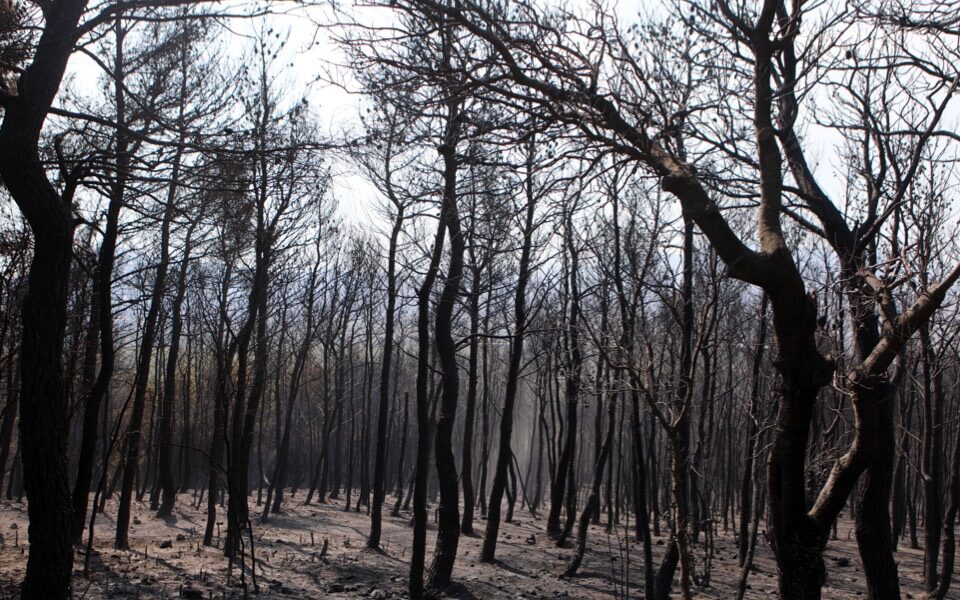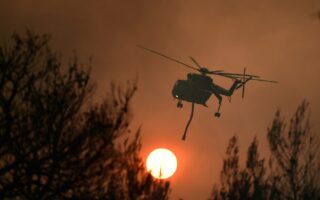From observation to action

Observations can be valuable, especially when they’re novel. Indeed, the transformation of climate change into a climate crisis is undeniable. Extreme weather events are here to stay. Higher temperatures are now the norm. The conditions that foster significant wildfires will not go away.
We’ve absorbed these realities, but the practice of reiterating the same observations is no longer adequate. You’d think that acknowledging the problem and comprehending its scope would lead to action for dealing with it. Yet, when instead of seeing solutions, we discover that we’re still stuck at the starting line, and when we hear the same observations again and again, we know something must be really wrong.
While it’s true that other countries are also grappling with serious wildfires, why do we always measure ourselves against the worst-case scenarios? Numerous countries in our vicinity are spared similar disasters. Might it not be worthwhile to examine what they’re doing right?
Regrettably, the outlook is grim and our inability to protect Mount Parnitha, which is ravaged by wildfires almost every year, is evidence of our failures. The emergency number 112, undeniably a vital tool, prioritizes human lives and appears to succeed in that regard. But it is insufficient. It’s time to go further, to develop a response.
Clearly, the focus should be on enhanced prevention. When action is due, it should be executed with accuracy and efficacy. This should happen in winter, not during the peak of the fire season. We need a comprehensive prevention strategy and the ability to implement it. Monitoring and accountability are crucial. Ultimately, at the onset of the fire season, let us hear that a prevention plan is in place. Should any gaps emerge, it is imperative that individuals are held answerable for them.
Let’s truly commit to the notion that arson is a crime. This entails more than arrests that subsequently lead to lenient punishments. And what does “negligent arson” really signify when someone deliberately burns dry grass with an 8 Beaufort wind? What, exactly, is negligent about that? It is also time to permanently crush the hopes of vested interests that the forests they seek to exploit for development will one day be stripped of their designation as forest land.
Yes, wildfires constitute a modern, uneven threat. We’ve acknowledged this truth and must confront it daily. It’s a battle that we must wage – a “war” in its own right. Neither arson, nor bad luck, nor extreme weather conditions can justify our failure to take action. If we hide behind such excuses to evade responsibility, we’re only admitting one thing: that we’re resigned to watching wildfires scorch the country until there’s nothing left to burn.





